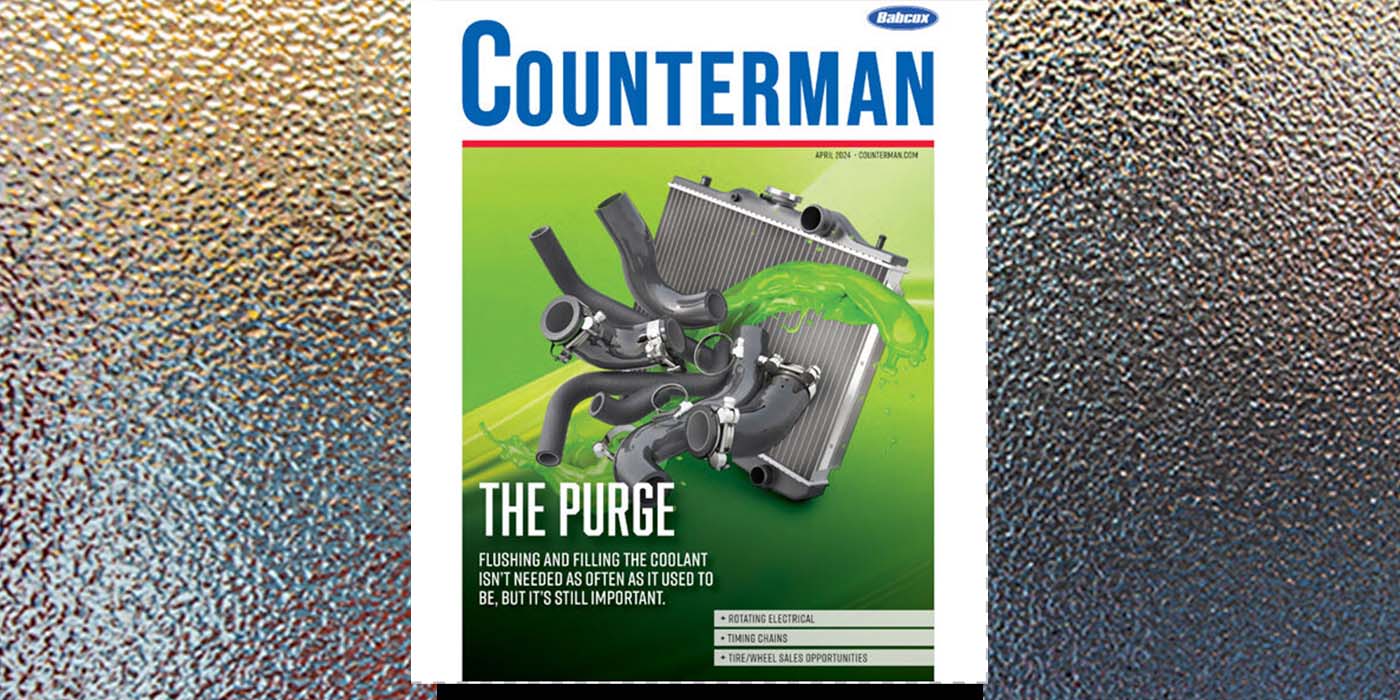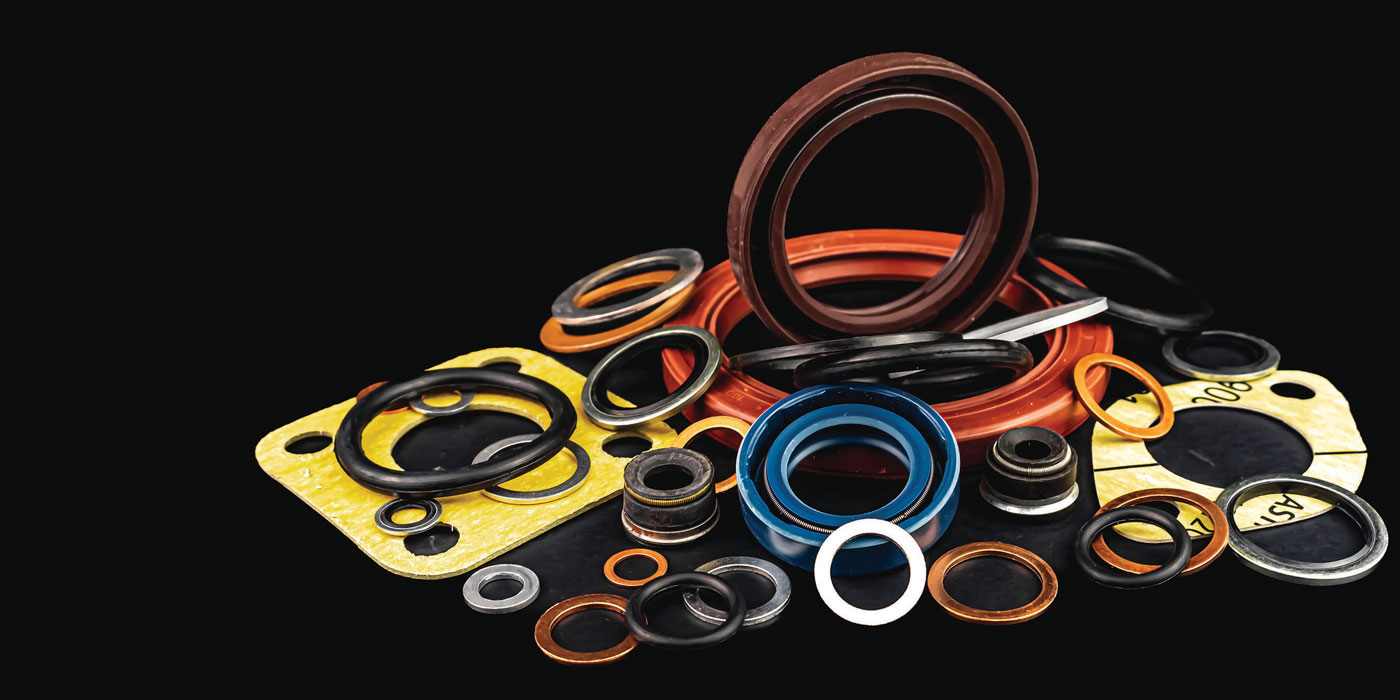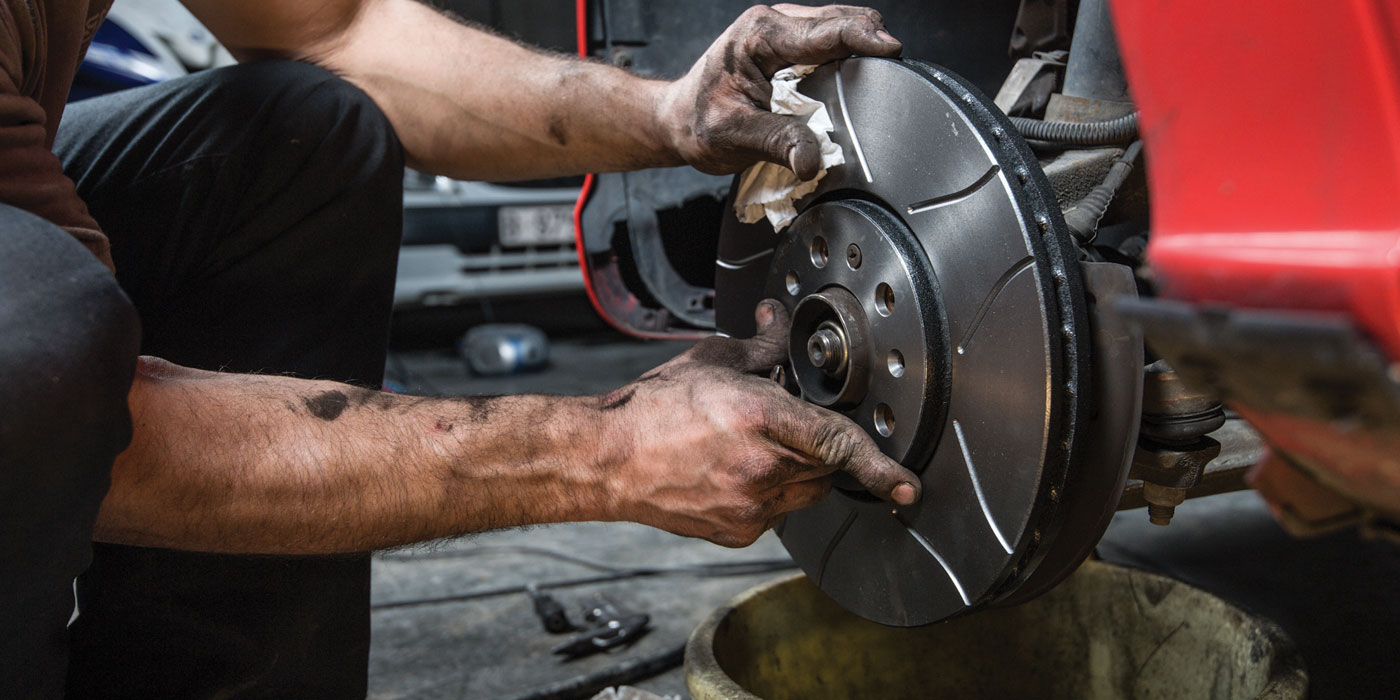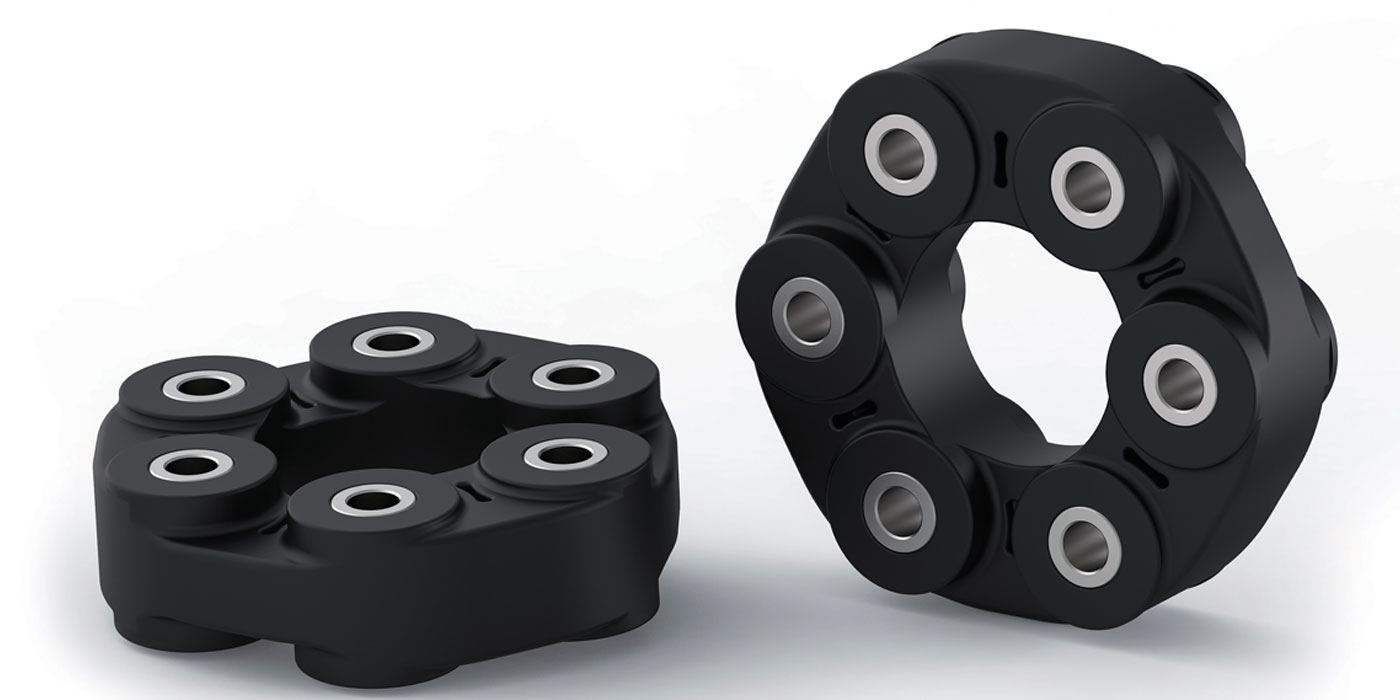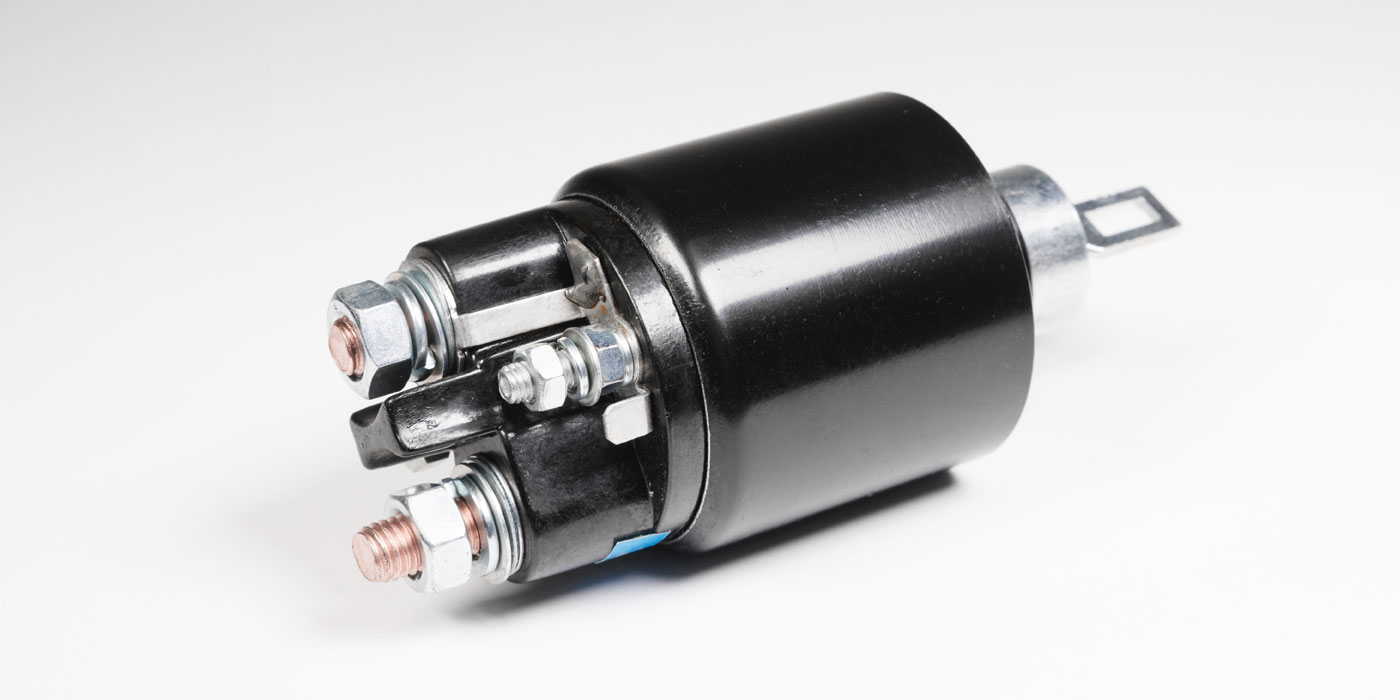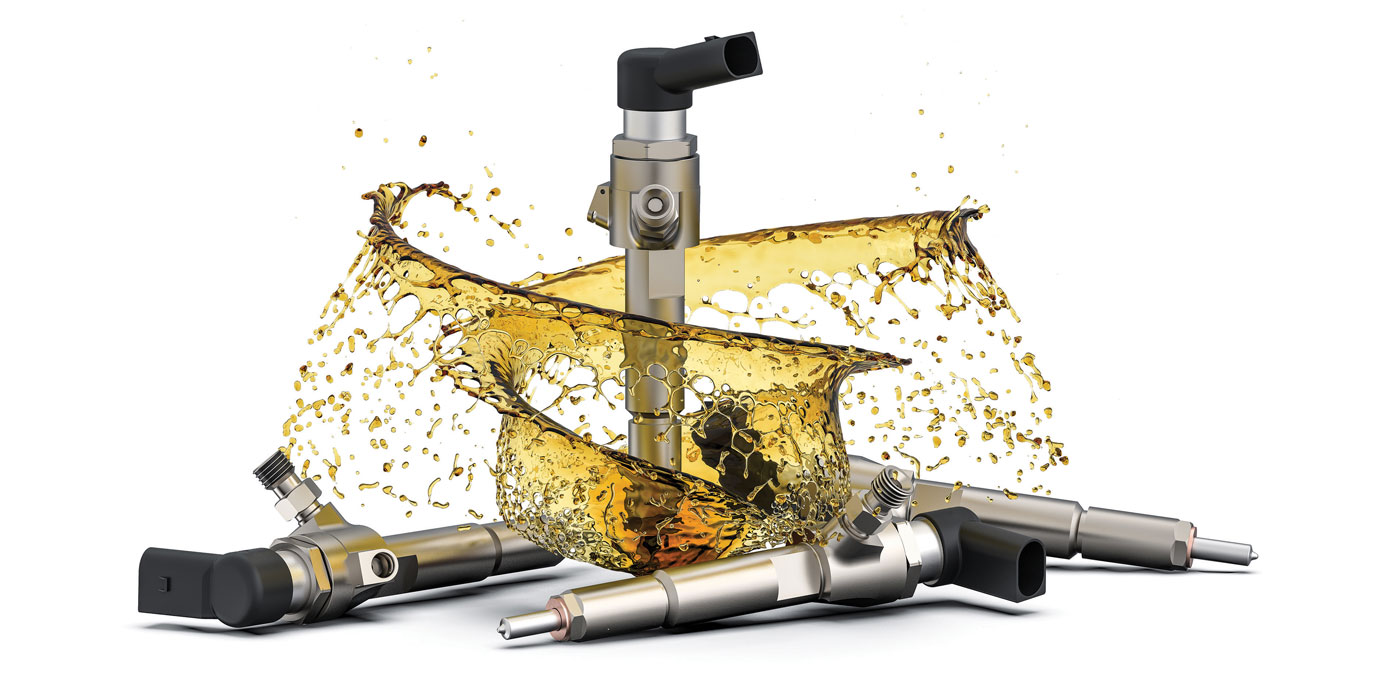Vehicle recalls are critical to the safety of our customers, our families and our delivery drivers each time they get behind the wheel. When the National Highway Traffic Safety Administration (NHTSA) or a vehicle manufacturer determines that a safety risk is present in a vehicle, a recall is issued, alerting vehicle owners to the potential danger. From there, it’s up to the manufacturer to come up with a solution to the problem, and to make that solution available to vehicle owners free of charge.
Recalls cover a wide range of faults, and some are more obvious than others. One of the most well-known and wide-reaching modern safety recalls is the current Takata airbag recall, affecting more than 67 million vehicles in North America. Defective airbag inflators in Takata-equipped vehicles can cause injury or death when they explode during deployment. Other recalls have become the stuff of legend, like the Ford Pinto’s “exploding” gas tank in the 1970s, or the Toyota Camry and Mazda 6 models that were infested with spiders in the 2010s … yes, SPIDERS!
Whatever the cause, once a safety issue is identified, it’s quickly made public to the consumer. Even if the manufacturer doesn’t have a remedy yet, registered owners are notified that a problem potentially exists in their vehicle. This interim notice gives the consumer a prompt heads-up that a problem has been identified, explains the nature of the recall, and reassures them that they will be notified when a solution is available. In the meantime, manufacturers may issue warnings not to operate the vehicle, or to carry passengers, if the defect is severe. Some manufacturers involved in the Takata recall have issued warnings to their customers advising them not to drive the vehicle until recalls have been completed.
Recalls can affect a vehicle at any time in its lifecycle, but for new vehicles, recalls must be completed before the initial retail sale. For vehicles with critical recalls, the manufacturer also may issue a “STOP SALE” directive, in which affected vehicles on dealership lots are not sold until the recall repair is performed. There is no federal law governing the sale of “open recall” USED cars, but most states have statutes against car dealers offering these vehicles for sale. Private sales are not restricted.
Manufacturers work closely with NHTSA and state motor vehicle departments to identify and contact owners of affected vehicles. In New York, our annual safety and emissions inspection certificate includes a notification of any open recalls found for the VIN being inspected. The open recalls don’t affect the outcome of the inspection, but it’s a convenient way of notifying owners of their safety status.
When a recall remedy is available, the consumer can arrange with their local dealership to have the repair performed free of charge. In some instances, if a consumer has previously paid to have a repair performed, and that condition later becomes a recall, the manufacturer may reimburse the cost of the prior repair. Sounds like yet another good reason for our customers to hold on to their receipts!
While vehicle recalls don’t really affect the aftermarket, product recalls of consumer goods are a common occurrence. Tires, fire extinguishers and child safety seats are all categories that have been subject to recalls in recent years. Aftermarket manufacturers also may determine that a batch of their product does not meet their minimum standards, or a design or manufacturing defect poses a possible safety risk. In these cases, the manufacturer will issue a bulletin “recalling” certain part numbers or production runs of their product. Additionally, some aftermarket parts like tires and wheels, brake hoses, mirrors and lighting are required to conform to Federal Motor Vehicle Safety Standards, as issued by NHTSA. When these products are identified, the affected merchandise usually is returned for credit to your DC, and then sent back to the manufacturer for analysis and/or disposal.
Recalls sometimes can be difficult for the general public to understand. We all give our fair share of advice over the counter, but we are NOT lawyers, and this article does not constitute legal advice. If your customers want more information about a vehicle recall, or to check the recall status of their vehicle, they can access the manufacturer’s website, or reach out to NHTSA at Safercar.gov with their VIN. NHTSA also has Safercar mobile apps available for iPhone and Android users.


